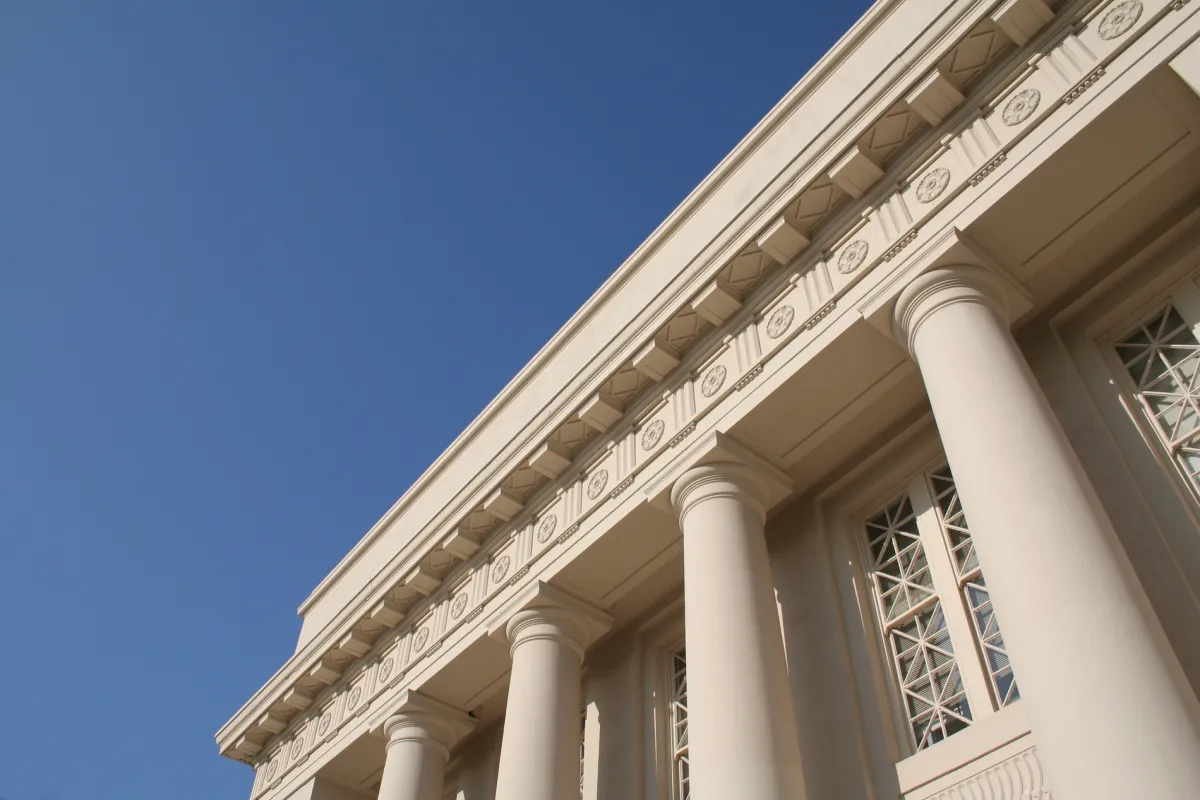Acquisition of nationality by minors under Article 2 of the Portuguese Nationality Law
There are many people who have obtained nationality by naturalisation, in accordance with article 6.7 of the Portuguese Nationality Law no. 37/81 of 3 October, and who, wishing to pass on this nationality to their minor children, are faced with the need to prove the children's links to the Portuguese community.
The exercise of the right to Portuguese nationality by minor children of naturalised persons, such as, for example, descendants of Sephardic Jews, is causing problems within the Sephardic community, because the number of cases of opposition attempted by the State in demand is increasing, following the publication of the legal opinion of the Portuguese Institute of Registries and Notaries, published on 4 October 2002.
Although the legislator tried not to collapse the administrative and fiscal courts by introducing legal presumptions in the case of the acquisition of nationality through the will of married couples and minors, the truth is that, for the latter, the legal presumptions have not had their effect and are insufficient.
The Law, which has made it possible to grant nationality to the descendants of Sephardic Jews and which meant the reparation of a historical injustice, could have the opposite effect to the desirable one, in the case of minor children of Sephardic Jews already Portuguese, after the publication of the latest opinion of the IRN, which, in reality, makes the exercise of the right more difficult, because it requires links with Portugal and the Portuguese community for minor children, regardless of their age.
This requirement does not seem to us to be very wise, and in any case, it is not understandable, when we are talking about minors who are only a few years old and especially because until a few months ago, October 2022, a much more favourable orientation of the Directorate of the Conservatory of the Central Registers was being applied.
In order to better understand the problem, it should be mentioned here that we are not talking about the attribution of nationality to minors who are children of a Portuguese mother or father, at the date of their birth, because they are considered Portuguese by origin and can request the registration of their birth at any time, in the Portuguese civil registry, in accordance with the provisions of article 1 nº 1 al. C) of the Nationality Law. In these cases, it should be clarified that what counts, to determine whether the parent was already Portuguese at the date of birth, is the date on which the parents' Portuguese nationality was granted, as stated in the birth certificate on the verso, and not the date of registration.
On the other hand, minor children, Portuguese by naturalisation, born before the granting of Portuguese nationality to their parents, are not considered Portuguese by origin, and need to apply for naturalisation, in this case by means of Article 2 of the Portuguese Nationality Law, declaring the existence of ties with Portugal or the Portuguese community, this being a necessary declaration to obtain Portuguese nationality.
The declaration of the existence of a union or link with Portugal is declared at the request of the party in the initial request, and the non-existence or non-proof of the link may give rise to a claim for opposition to Portuguese nationality, initiated with the communication of the Conservator (Registrar) to the Public Prosecutor's Office (State Prosecutor). Thus, the process that was initiated through administrative channels, becomes a legal action, with payment of a legal fee, and needs to be defended in court.
Until October 2022, the formal legal position of the Conservatory of the Central Registries, the body that considers and decides the proceedings of minors, was quite standardised and in practice, the Conservators ordered the registration of births, granting nationality to minors, by virtue of the principle of family unity, for children under 14 years of age, not criminally imputable. In these cases, there was always, and, correctly, in our opinion, the presumption of a link with Portugal, derived from the possession of Portuguese nationality, verified by one or both parents.
However, as of 4 October 2022, the surprising technical legal opinion no. 6/ DGATJSR - SJ /2022, issued by the Portuguese Institute of Registries and Notaries itself, the superior hierarchical body of the Conservatory, which, to the contrary, determines the end of the internal service order no. 6/2019 of the Registrar, revoking the same and stating, in short, that with the exception of the legal presumptions included in article 56º of the Nationality Regulations, it is the subjective function of the Registrars to assess the proof of the link and their decision to communicate it to the Public Prosecutor's Office, which subsequently decides whether or not the process becomes an administrative dispute [1].
In fact, after the publication of the opinion of October 2022, there are countless communications from the Registry Office for opposition claims.
The legal presumptions included in the Regulation of the Portuguese Nationality Law, for the verification of the links of minors, are unlikely and impossible to verify in practice, because they require the legal residence of the minor in Portuguese territory, in the five years prior to the request, and the proof of assiduity in an educational establishment in Portuguese territory.
As is generally known, minors descended from Sephardic Jews do not reside in Portugal, nor was residence a requirement for obtaining their parents' nationality, so it is understood that the presumption is useless and out of step with reality, being of no use in practice. If the presumptions are really intended to avoid clogging up the courts, then the legislator has not done its job properly.
There is no point in granting Portuguese nationality to parents, to redress a historical injustice, and then denying nationality to their minor children, returning the very injustice that was meant to be avoided. The minors are also descendants of Sephardic people and are linked to this community.
We believe that they should continue to request nationality by naturalisation without constraint, given that the proof of the link can be varied, and although it depends on the subjective assessment of the conservators, the minors will always be linked to a Sephardic community of Portuguese origin, just like their parents.
We understand that they should prepare the case well before giving entry and collecting the evidence, avoiding the possibility of communication to the Public Prosecutor's Office.
Article 56 of the Regulations of the Portuguese Nationality Law stipulates that the lack of effective union to the Portuguese community constitutes grounds for opposition to the acquisition of Portuguese nationality, by effect of will (in the case of minors) or adoption, and that in order for the Public Prosecutor's Office to oppose the claim, it will always have to prove the lack of a link, with the burden of proof being on the Public Prosecutor's Office.
The Portuguese courts have decided on several occasions, and there is unifying jurisprudence, that the burden of proof is on the Public Prosecutor's Office and therefore, it is the State that must prove that the child has no link with Portugal and not the other way around [2].
It is also important to clarify that the request for opposition occurs when the conservators consider that there is insufficient evidence and, therefore, the nationality files must be well instructed from the beginning, to avoid this communication, so we advise you to be represented by a lawyer to obtain a favourable decision, without setbacks, in administrative proceedings.
[1] The technical legal opinion can be consulted in its entirety on the website of the IRN which belongs to the Ministry of Justice, according to the following link.
[2] According to the judgements of the Supreme Administrative Court no. 3/2016 and 4/2016 available at the link.




